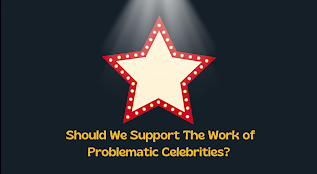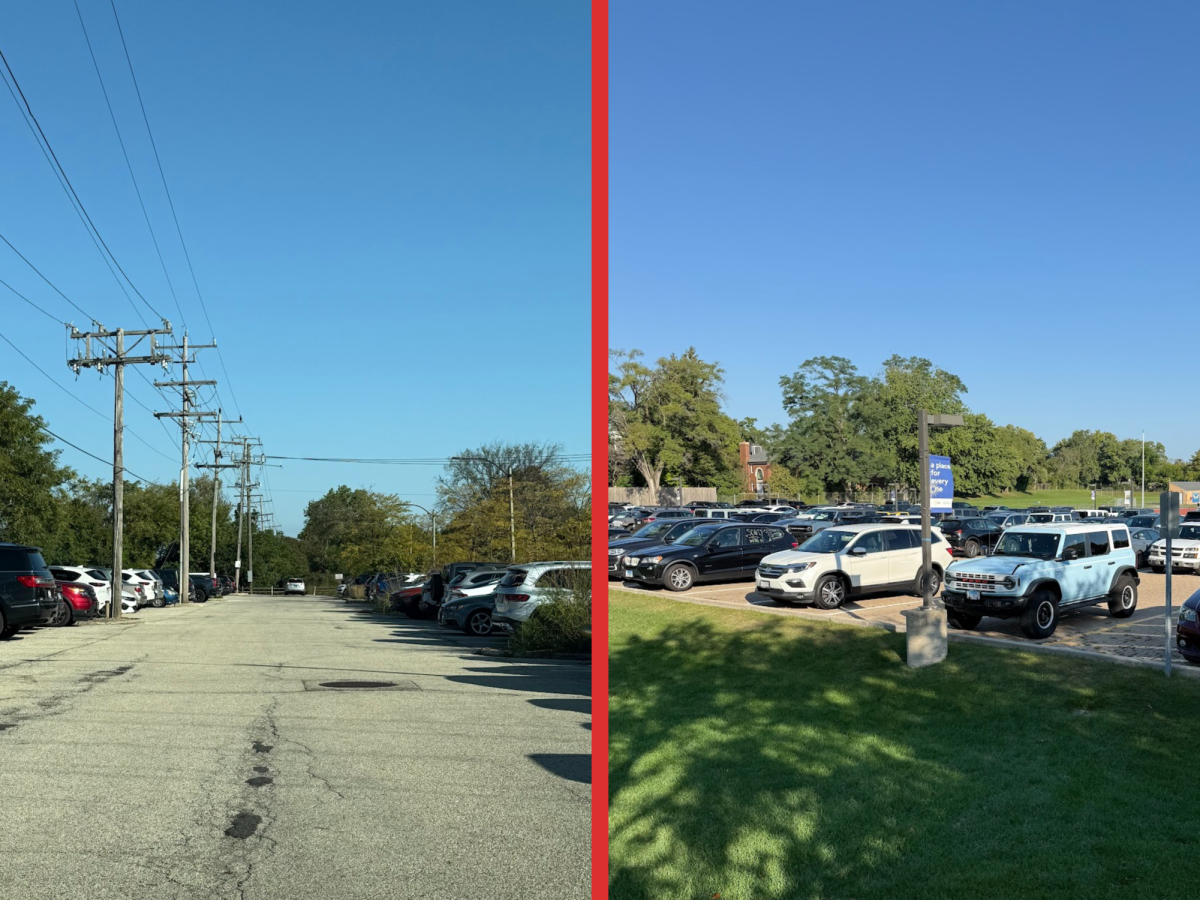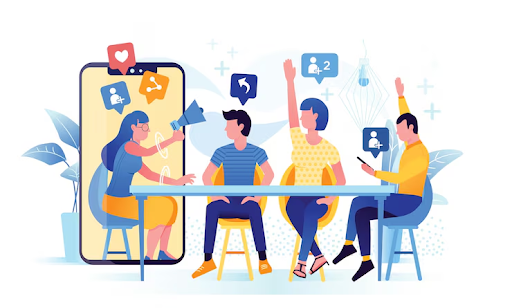“There is a gray area in between using to purely brainstorm ideas, to condense thoughts, and then fully taking ideas and calling them your own,” said LFHS Educational Technician Corey Holmer.
At the beginning of the year, a standard English class syllabus defined it as “using an AI generator to guide, brainstorm, draft, or create work related to any class learning activity or assessment, unless provided specific permission by the instructor,” is considered plagiarism.
While I agree that completely using AI resources to write or do an assignment is unethical and can be considered plagiarism, it does have the potential to enhance the learning experience for students- The gray area must be more defined for students.
Similar to how the introduction of computers and the internet transformed education a generation ago, artificial intelligence is now reshaping the educational experience for students nationwide.
As AI use exponentially grows, there is no doubt that students will discover how it can help them succeed during school. The real question is how students will use it: Purley to cheat or as a resource?
This gray area should be defined more for students. It is a mixed bag of opportunities to learn and get around learning. AI is not going anywhere. Some institutions and districts are learning to embrace it, to adapt. LFHS has taken small steps.
The head of the LFHS English Department, Kirsten Carlson, has a different perspective on what I have been calling “the gray area.”
“AI could be beneficial in doing some research or consolidating some ideas,” said Carlson. “However, especially with literature, as soon as you are consulting something else to “brainstorm,” those ideas are no longer your own. It is no longer your voice.
With the help of educational technicians and teachers, LFHS has developed a successful way to detect AI using turnitin.com, whose AI detection software has become increasingly more advanced as it has witnessed countless students attempting to cheat their way out of doing papers for various classes.
Dr. Dobin Yim, who researches AI and integrates it into his curriculum, told CBS News, “Whether you have a learning disability or want to accelerate your learning journey, AI, to me, is a personal tutor,”
For both students who are struggling and strong students alike, AI has many different uses. It can be a personal tutor or a simple way to organize your thoughts.
Michaela Goldman, a senior at LFHS, advocates for using AI as a learning tool.
“I’ve found it very useful to condense my thoughts if I am overwhelmed and need to develop a solid plan to start an assignment,” said Goldman.
Goldman is not alone in experimenting with AI for learning. Grammarly, a commonly used resource to help students enhance their writing skills, has implemented an AI feature called Grammarly GO, a generative AI software.

When it was first introduced, I, an avid Grammarly user with very little knowledge of AI, needed to understand that a suggestion such as rephrasing this sentence was using AI. Grammarly GO advertises itself as an “AI communication assistant that’s up to speed on your context and preferred writing style.” But this can come across to students as a way to just enhance their grammar, not even their writing as a whole, which can be very confusing. The line needs to be clarified, and our “gray area” needs to be better defined.
Holmer discussed how there has been a very sharp increase in the number of English teachers complaining of potential AI in essays in the year.
Some students claim to have started to use AI tools as a way to simply enhance their writing. This is where is gets confusing. This has the potential to cross the line between using it as a resource and cheating their way out of doing their work, surpassing that gray area where it can be considered a tool.
According to an article written by The Forest Scout earlier this month, “Among survey respondents who admitted to cheating, ⅓ of those students rely on Chap GPT or other AI tools as their primary method of cheating.”
“Almost all the plagiarism cases I come across now are cases of AI usage. It is no longer sparknotes or “I used my sister’s paper from last year.” It is the same amount of cheating, just by a different means,” said Carlson.
AI is more advanced than ever, and the worst part about it is how convenient it is. It has embedded itself into our everyday lives. As students, AI is a temptation; it is simple, fast, and accessible.
Cases of cheating or plagiarizing with AI will not go away. However, Carlson touches on the fact that some of her fellow teachers have approached her and asked if she would find ways to implement AI positively to integrate it with some of the English curriculum. This may be the gray area we have been trying to find and define.
“A goal of mine is to do more research on the potential benefits of utilizing AI in classrooms. I do have learning to do around it, I think that we all do,” said Carlson, “I am sure it will evolve and we will evolve with it.”
Moving forward, we as students experimenting with implementing this technology into our everyday lives need to become increasingly aware of when we lose our voice to essentially a robot. We need to work to continue to define that gray area- to be truthful to ourselves, to determine when we are using AI as a tool or giving in to the temptations of convenience.
As advanced as it becomes, one thing will remain true: AI does not and will never replace human thought.










Jason • Dec 15, 2023 at 11:19 am
ChatGPT and similar models train themselves to rearrange and regurgitate other written works available on the internet, often with no regard for copyright or secrecy. An LLM won’t write your essay, it will write a monster of millions of essays and articles, and you will have no legal right to claim that said work is your own, or to publish it.
Because a wild animal played with a camera once, precedent says that “creative works” created by a non-person are not copyrightable. While this means that nobody can stop you from using it for personal or commercial purposes, you are not allowed to exercise any control over it or to pass it off as your own. Even if AI-generated text constitutes “original work”, this is the best case outcome in terms of your control over what you may foolishly think is your intellectual property.
IK • Nov 29, 2024 at 8:48 am
I like the saying with the wild animal. I guess it is kinda like that. ☺️ Every one is so eager to educate on this but the product it spits out is like a Bible and 12 donats. You can’t make a mayo out of it. What is the game if there is no aim? ☺️ It spits out things all right but how do we say that they are all right 🖖🤷🍀. Not that we think that it is a property but we need to start treating it with a little bit more trust and a little less fear. Fear really stands and always did on the way of our progress. Think what we could have achieved if not for this fear. We could be already discussing weather on Mars with our kids.